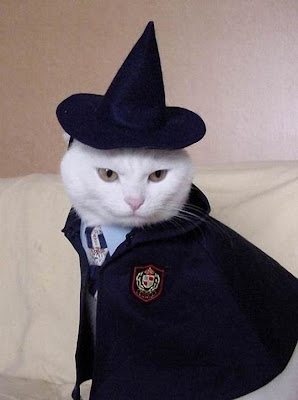One of the questions we needed to answer in our World Religion presentations was: “What the leaders of each specific religion had to say about the use of media?” During these last weeks this question has been on my mind, so I have been going through some talks and articles by LDS leaders so I can share them in this blog post. I found LDS leaders warn us about the bad use of media how it can destroy families and relationships, but also they motivate us to use media to bear our testimonies and share our beliefs.
First I would like to share with you two statements made by LDS leaders warning the members about media’s negative influence:
In 2003, for example, Elder L. Tom Perry warned all the members of the LDS church about how media can directly influence in a positive or negative way on families. He said: “Oh, what impact advertising, television programs, the Internet, and the other media are having on our family units! We remind you that parents are to preside over their own families. Helps and reminders will come from the Church Internet site and television channels, as well as through priesthood and auxiliary leadership to assist you as we strive to fulfill our family responsibilities.”
Last year, Elder David Bednar talked to all the LDS Young Single Adults. He talked about the spiritual hazards in the technologically oriented and rapidly changing world. He said: “Today I raise an apostolic voice of warning about the potentially stifling, suffocating, suppressing, and constraining impact of some kinds of cyberspace interactions and experiences upon our souls. The concerns I raise are not new; they apply equally to other types of media, such as television, movies, and music. But in a cyber world, these challenges are more pervasive and intense. I plead with you to beware of the sense-dulling and spiritually destructive influence of cyberspace technologies that are used to produce high fidelity and that promote degrading and evil purposes.”
LDS LEADERS URGE MEMBERS TO USE MEDIA TO SHARE THEIR BELIEFS
Now I would like to focus on how media can be used to share LDS beliefs. Media allow us to spread our ideas and beliefs in seconds. A couple of weeks ago, one of my friends posted the following Mormon Message video on her Facebook page:
Thanks to that simple video one of her friends who was going through a hard time of her life asked her more about the LDS church and her beliefs.
Can a simply video, Blog post, Tweet make the difference?
This video certainly made a difference in someone’s life.
On 2007, Elder Russell Ballard gave a commencement address at BYU-Hawaii titled: Sharing the Gospel Using the Internet: “Now, may I ask that you join the conversation by participating on the Internet to share the gospel and to explain in simple and clear terms the message of the Restoration. Most of you already know that if you have access to the Internet you can start a blog in minutes and begin sharing what you know to be true… You can write to media sites on the Internet that report on the Church and voice your views as to the accuracy of the reports. This, of course, requires that you understand the basic principles of the gospel. It is essential that you are able to offer a clear and correct witness of gospel truths. It is also important that you and the people to whom you testify understand that you do not speak for the Church as a whole. You speak as one member—but you testify of the truths you have come to know.”
HOW DO LDS MEMBERS SHARE THEIR BELIEFS ON THE INTERNET?
Here are some specific ideas of how LDS members share their beliefs through the Internet:
*Share/post your beliefs on social network sites as Facebook and Twitter.
*Include some of your beliefs and spiritual experiences on your blog/other website. For example, there is Web site called “Mormons Believe” where LDS members can share their testimonies.

* Share inspirational videos with your friends.
*Comment on other blogs/websites answering other people’s questions about the LDS church.
*For other ideas visit: "Ways to Share the Gospel Online"

DO LDS MEMBERS WHO SHARE THEIR BELIEFS CONTRIBUTE TO THE CHURCH'S GOOD REPUTATION?
It is important to use powerful media tools to spread our feelings and experiences based on our beliefs. I know this will help draw more people to the church, however I also think this will benefit the image of the church in the media and will clarify some misconceptions people have about the LDS church.
Michael Otterson on his article: The Church's Reputation: Progress, Challenges, and Opportunity, said: "Monumental progress has been made during the past century, and particularly in recent years, in gaining respect in the public's mind. Significantly, studies show that people who know Mormons on a personal level typically have great respect for them..."
Based on Otterson's opinion and/or in your own opinion. Do you think LDS members who share their beliefs on the internet are contributing to the church's reputation? Why?













 id Elizabeth Gilbert
id Elizabeth Gilbert 
